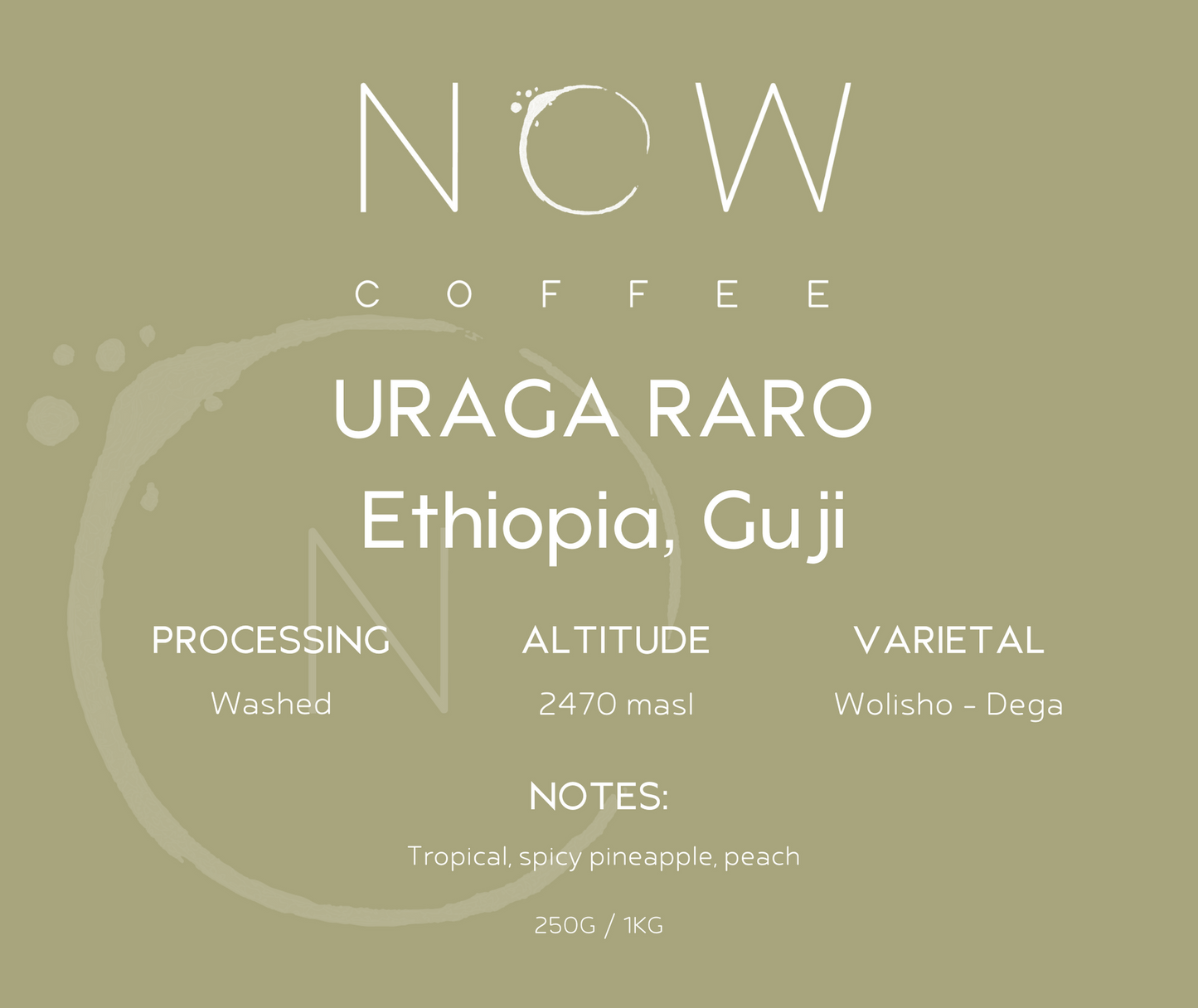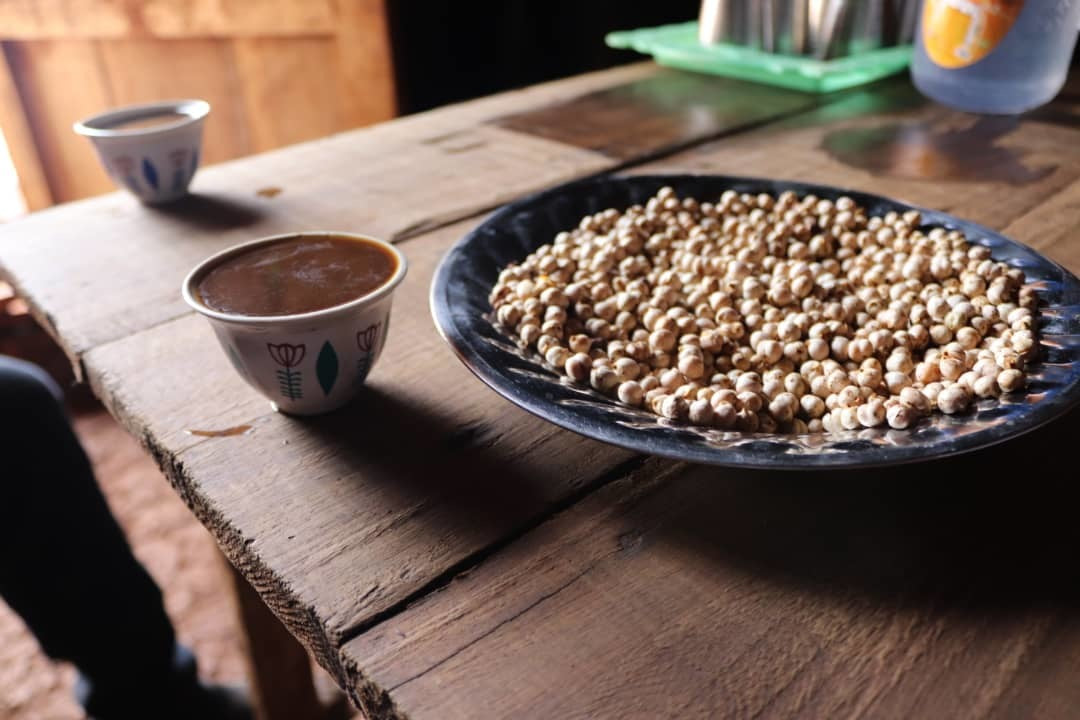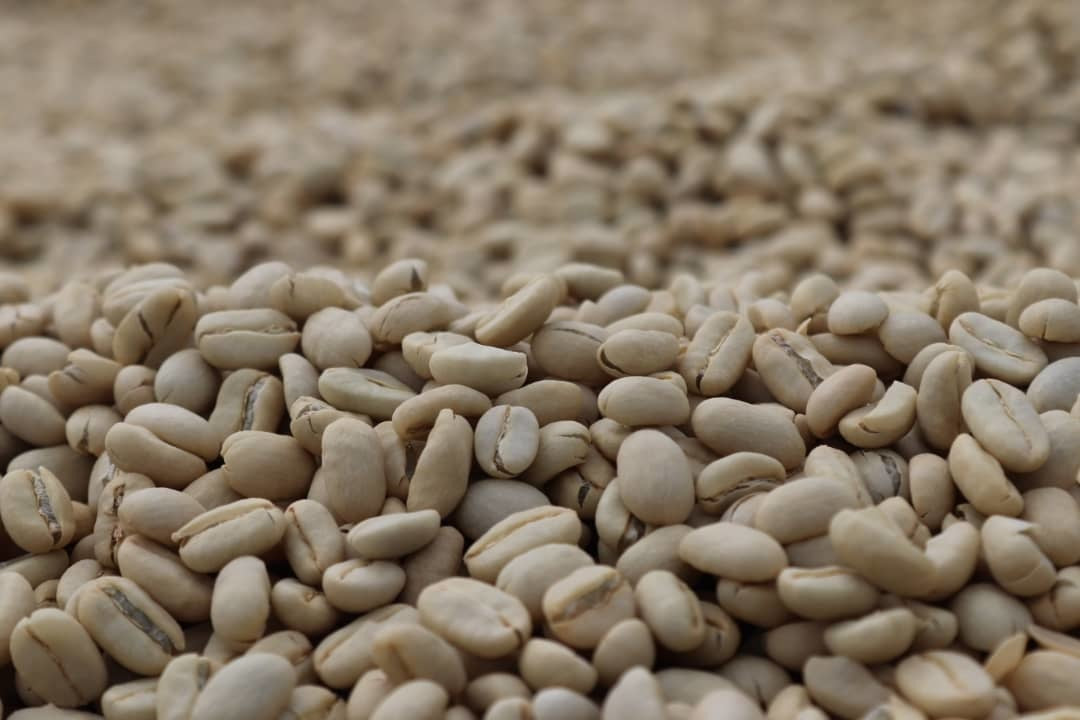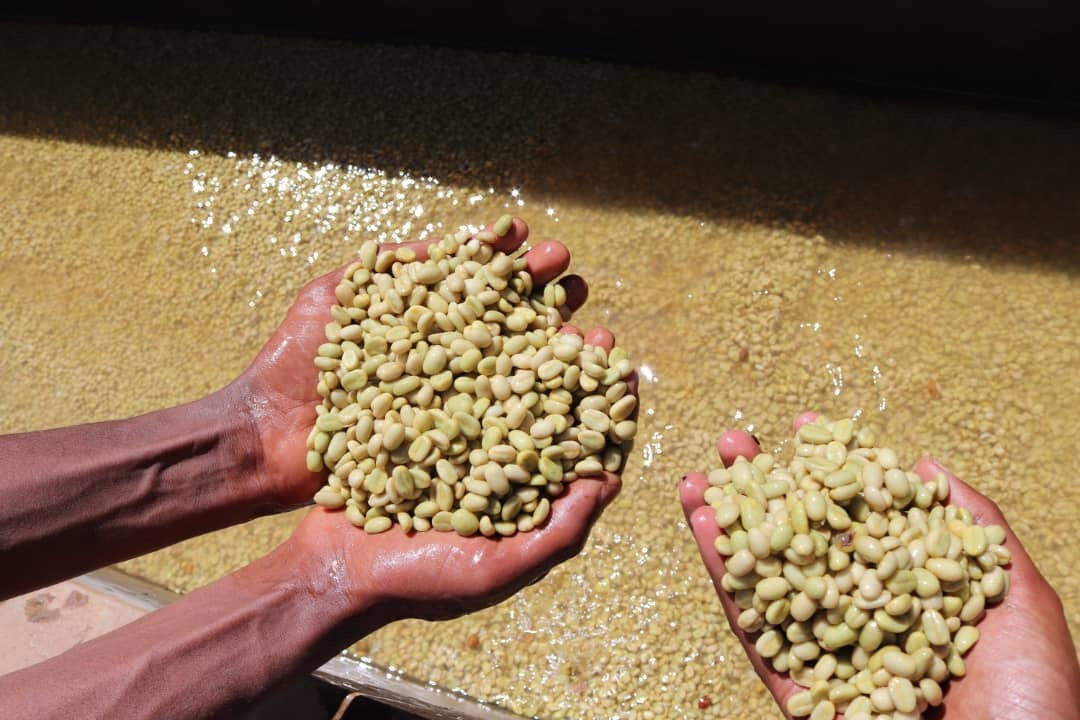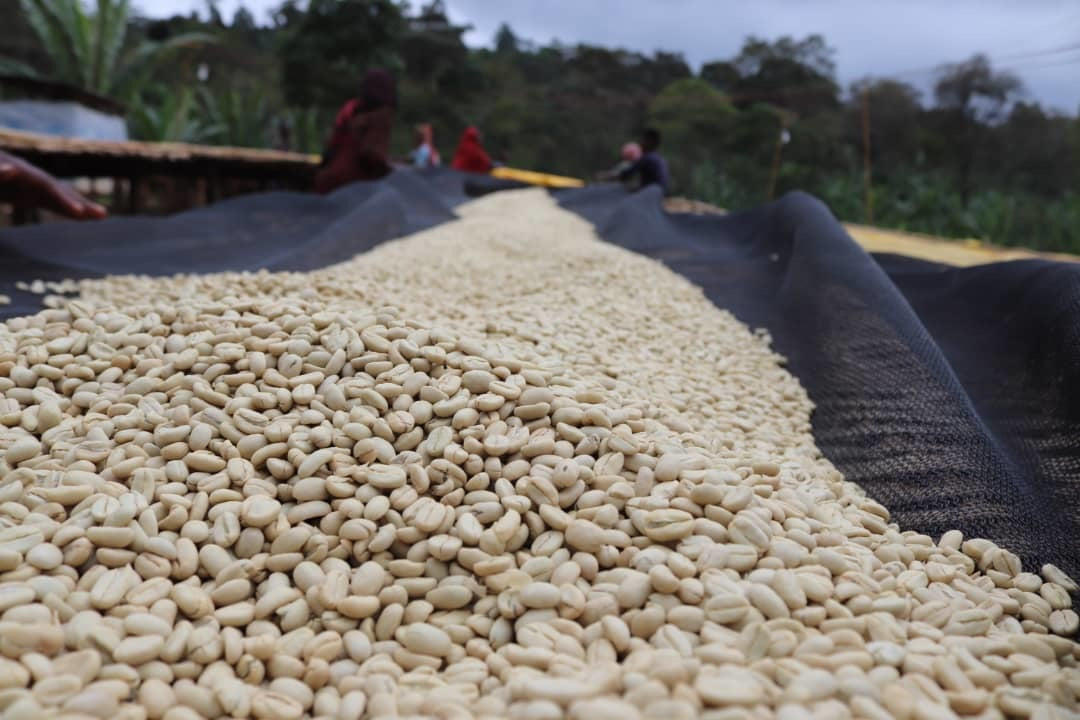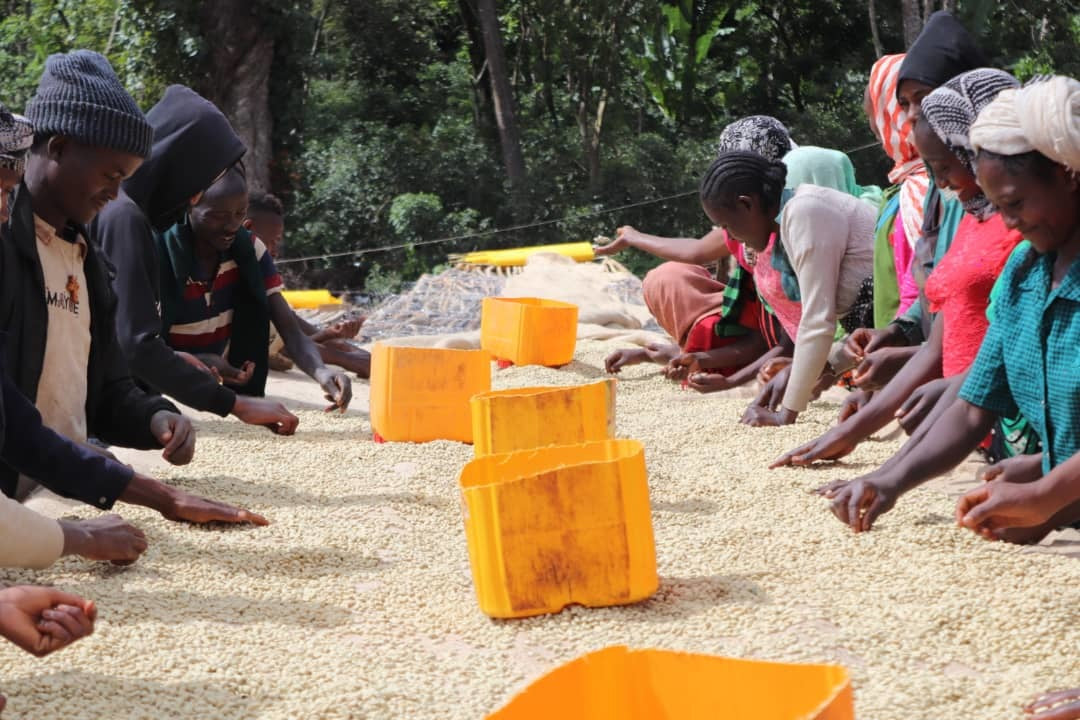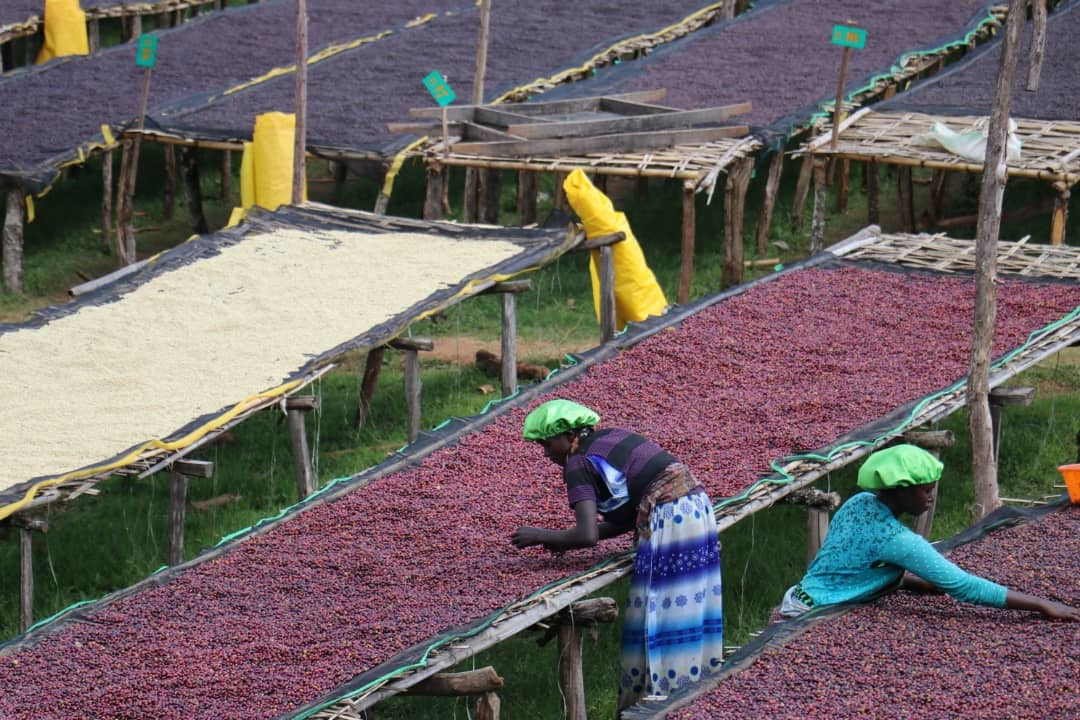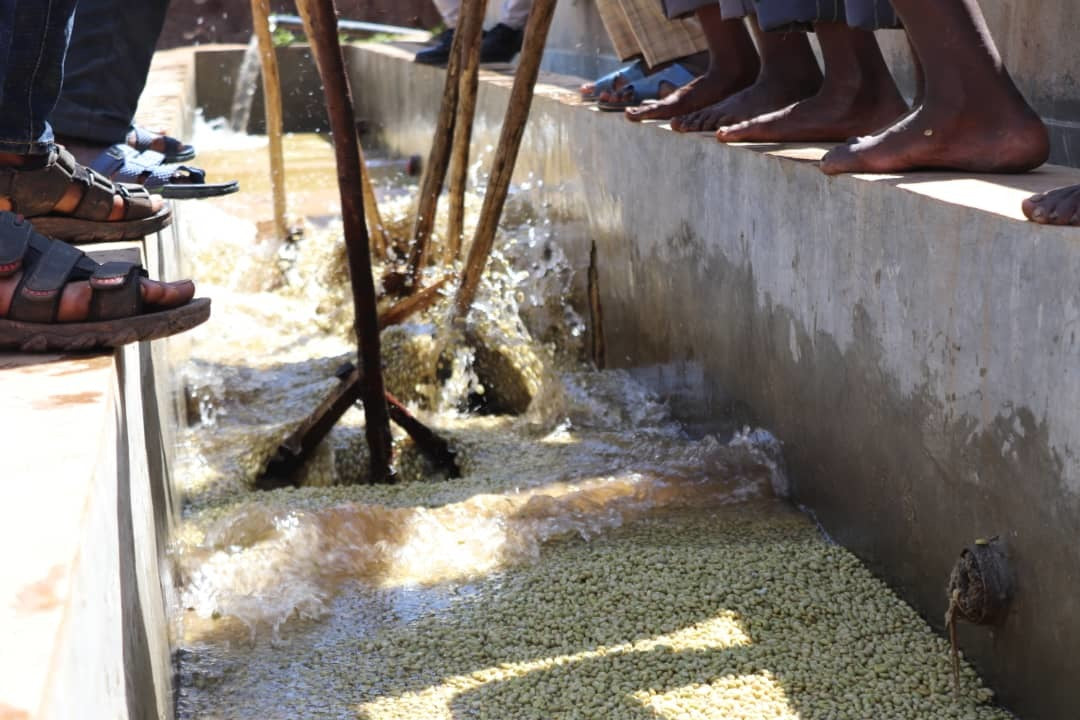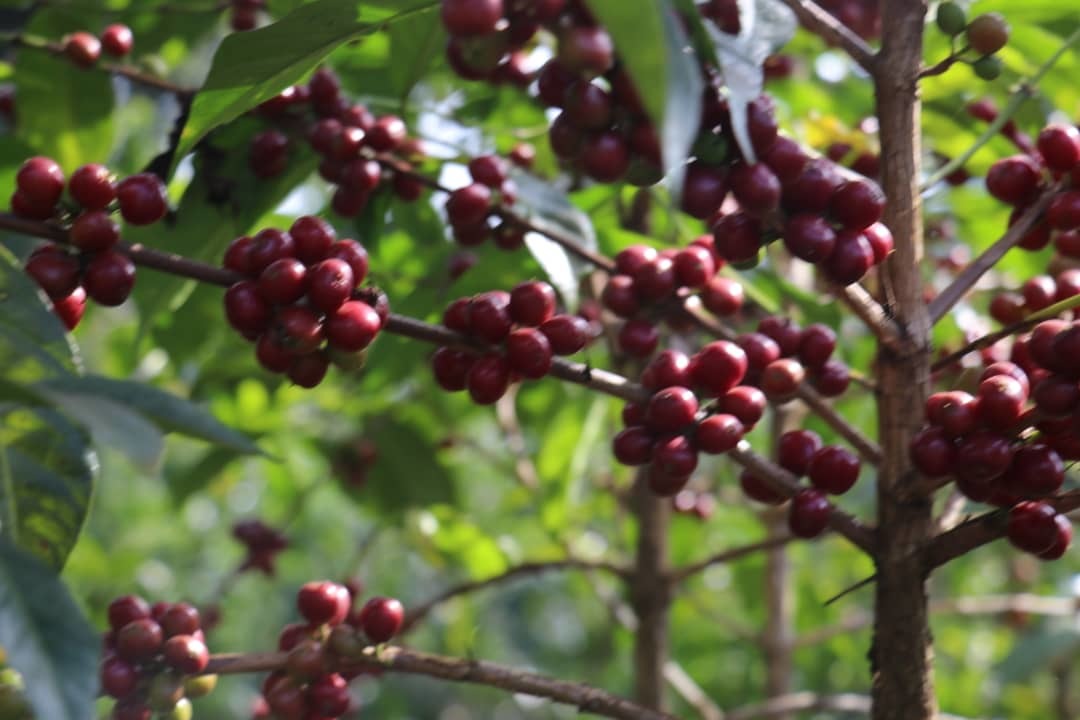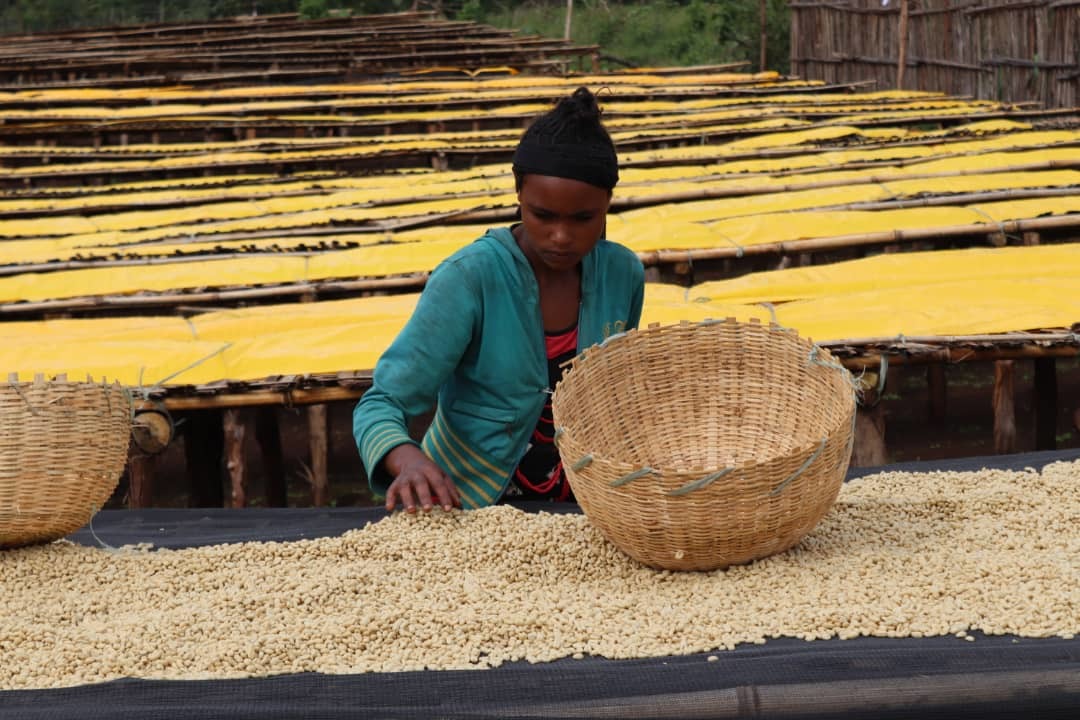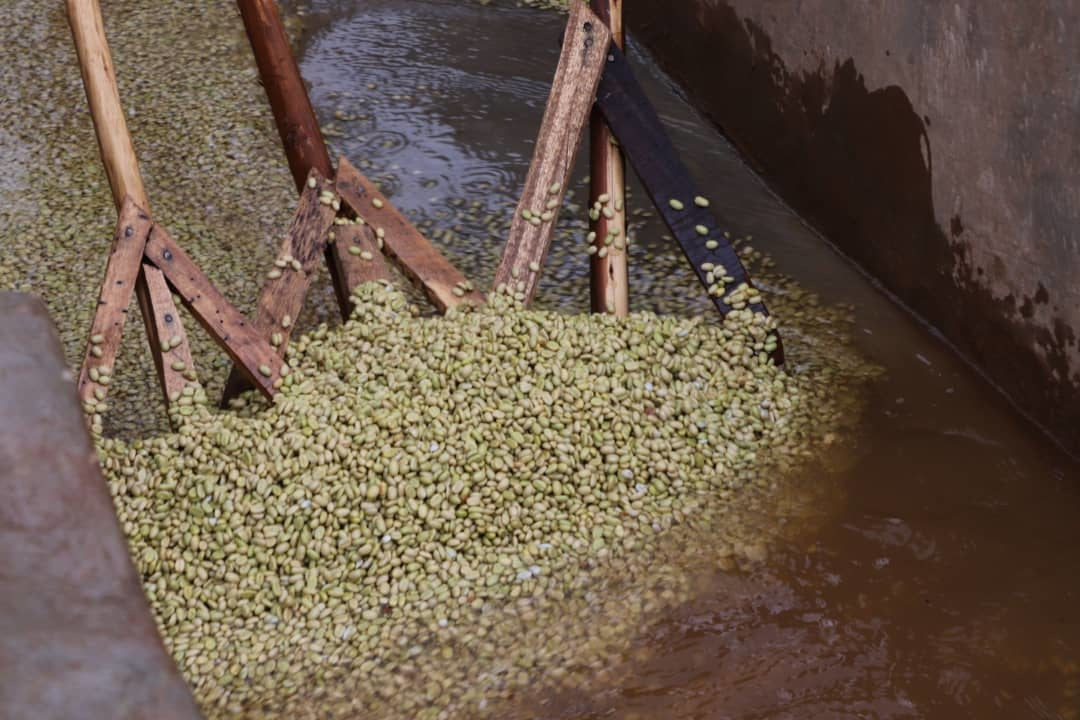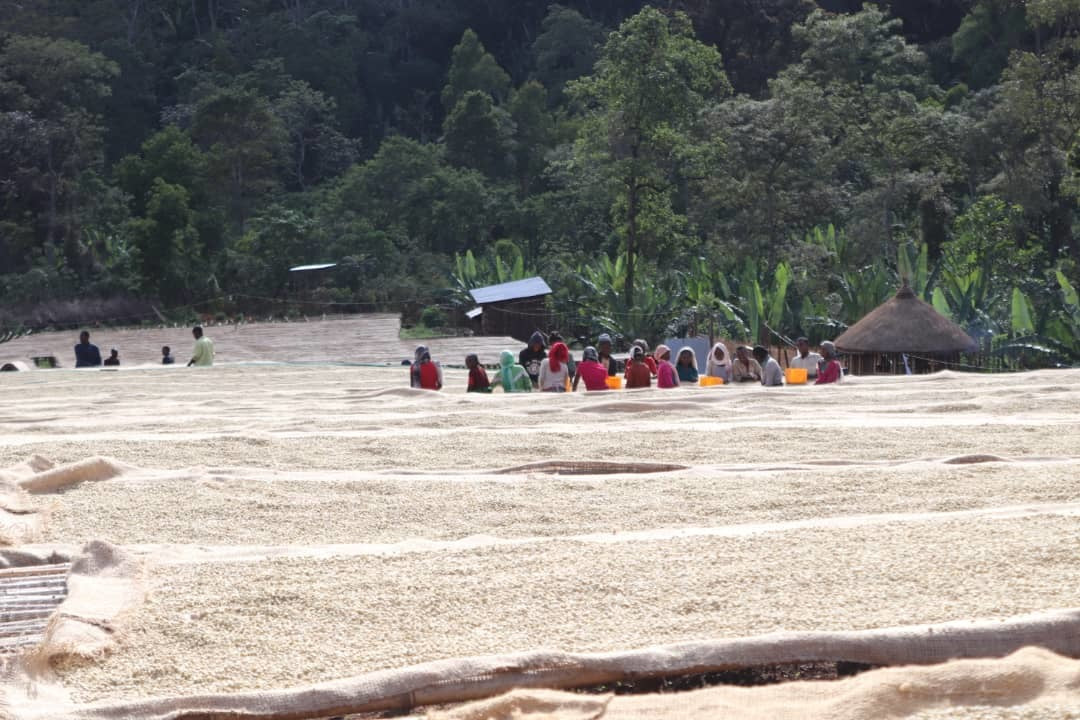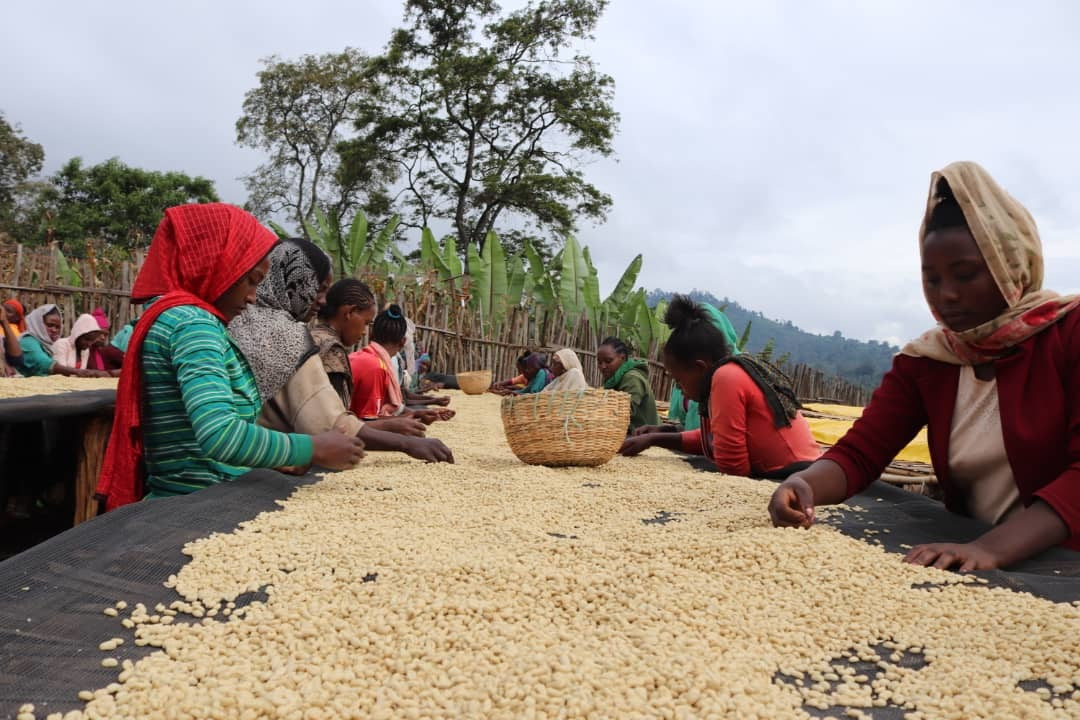Now Coffee
URAGA RARO | ETHIOPIA
URAGA RARO | ETHIOPIA
Regular price
R 200.00 ZAR
Regular price
Sale price
R 200.00 ZAR
Unit price
per
Tax included.
Shipping calculated at checkout.
Couldn't load pickup availability
URAGA RARO
ETHIOPIA
GUJI
PROCESSING: WASHED
VARIETAL: WOLISHO - DEGA
NOTES: TROPICAL, SPICY PINEAPPLE, PEACH
ALTITUDE: 2470 MASL
COFFEE INFO:
Raro Coffee Processing Station is a washing station located in Guji which buys cherries from around 1500 neighbouring farmers. Uraga Raro is owned by SNAP COFFEE exporters. The farms that supply cherries to this washing station have high yields as the soil is quite fertile and farming methods are to a very high standard. We only buy washed coffees from this washing station even though they also prepare naturals.
The company’s supply policy rests on three main pillars:
Care information
Care information
Please Store in a cool dry place
